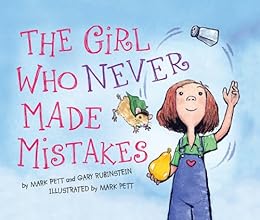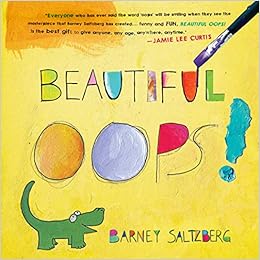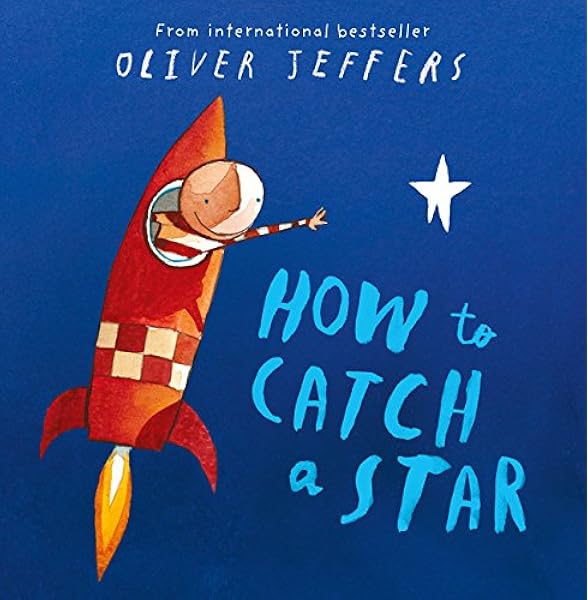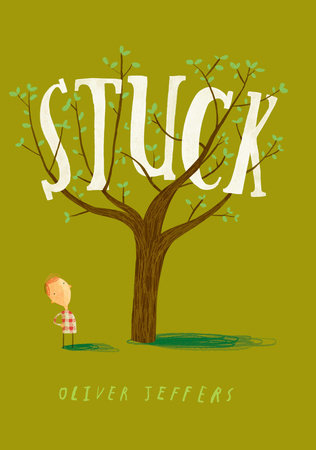Early Years Foundation Stage (Nursery-Reception)
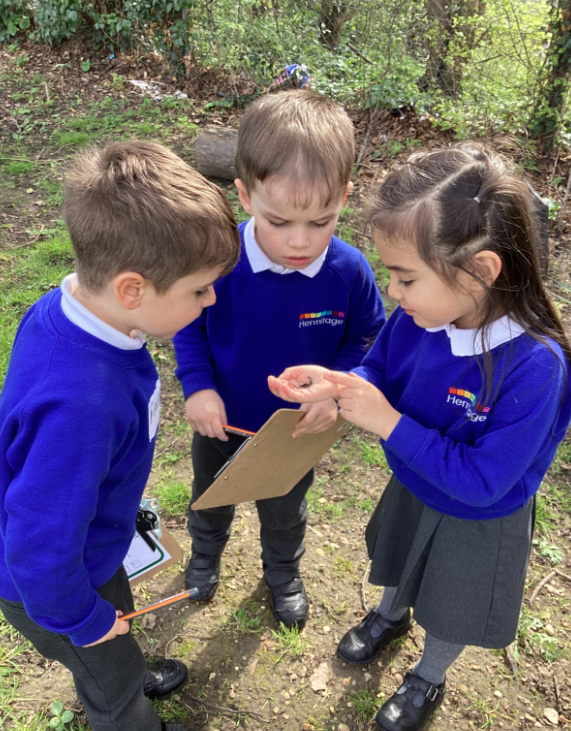 The Early Years Foundation Stage at Hermitage Primary School is a place for children to explore, be curious, question, think, learn, and play.
The Early Years Foundation Stage at Hermitage Primary School is a place for children to explore, be curious, question, think, learn, and play.
Nursery and Reception have a wonderful state-of-the-art learning space, encompassing sliding doors between the classrooms to create a large free-flow area. They also have a large outdoor area with many opportunities for children to develop their fine and gross motor skills.
Our learning within the EYFS is child-led. Every half-term, we introduce the children to a new 'I wonder' question which they have the chance to explore in more detail through the 7 areas of learning, such as music, dance, writing, numbers, relationships with others and exploring their natural environment.
Our pupils make rapid progress, surpassing national expectations.
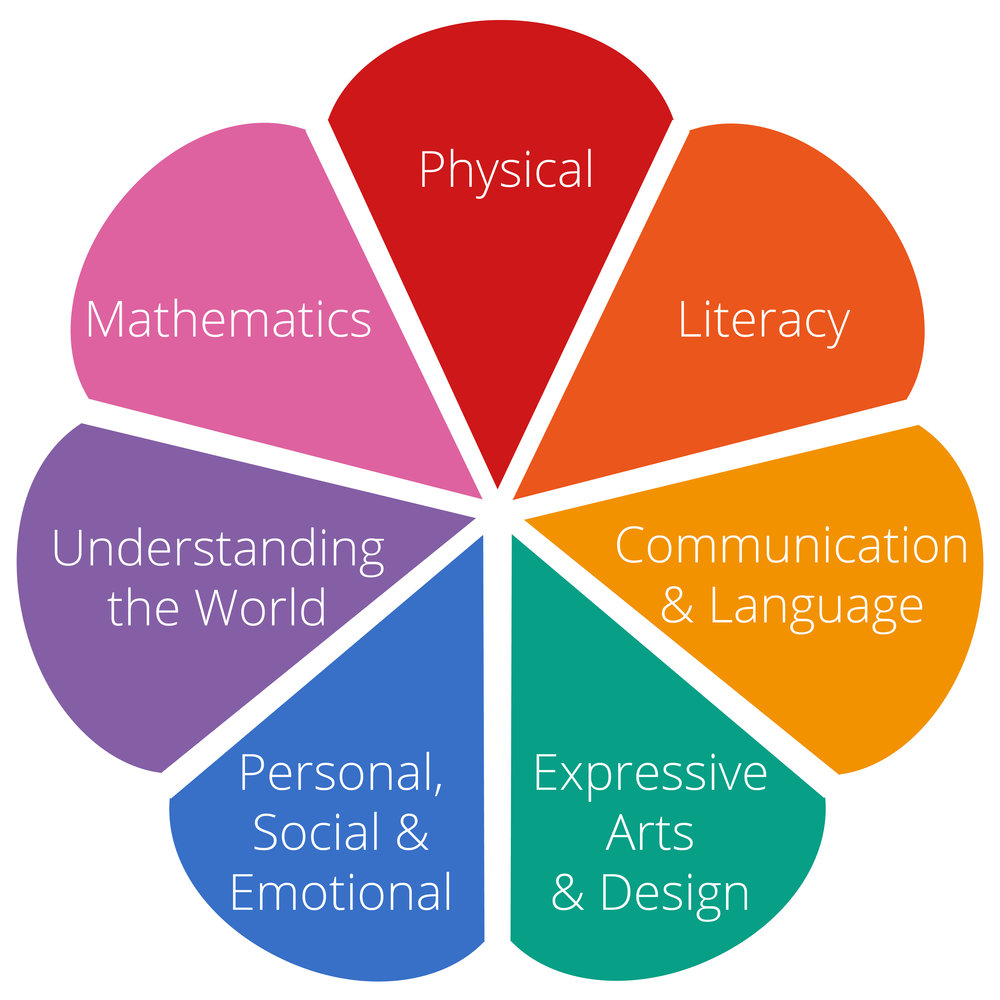
The Areas of the Curriculum
Communication and Language
Your child should be able to:
- Know lots of songs and enjoy singing them.
- Tell you a long story and talk about their favourite books.
- Use words and actions to explain their thoughts and ideas, sometimes using long sentences of four to six words
- Give their viewpoint, and disagree.
- Use talk to pretend when playing, such as “let’s go on a bus – you sit there”.
Your child may still be learning:
- How to use word endings.
They might make mistakes such as ‘runned’ for ‘ran’. Instead of correcting them, please reply and use the correct word ending, e.g. “Yes. I saw how fast you ran.”
- How to pronounce some words.
These are the sounds that they might find tricky:-
-
- j
- th
- ch
- sh
Personal, Social and Emotional Development
Your child should be able to:
- Be more independent, and enjoy being given resources and activities that they can use by themselves.
- Be more confident interacting with new people.
- Play with other children and build on ideas in their play.
- Understand the rules and follow them most of the time.
- Assert themselves in appropriate ways.
- Talk to their friends to solve problems that might happen when playing.
- Use different words to talk about how they are feeling, and develop an understanding of how other people might be feeling.
Physical Development
Your child should be able to:
- Eat independently most of the time, and will be learning how to use a knife and fork.
- Become more independent in getting dressed and undressed, such as being able to put on their coat and do up the zip.
- Brush their teeth, wash and dry their hands independently, and understand why it is important to brush their teeth and make healthy choices about food and drink.
- Use a range of skills, such as balancing, riding, and ball skills.
- Walk up steps or stairs with alternate feet.
- Skip, hop, stand on one leg, and hold a pose for a game such as musical statues.
- Wave flags and streamers using large muscle movements, and paint and make marks on a large scale.
- Join in with group and team activities, such as kicking a ball at a friend.
- Use one-handed tools, such as scissors, and choose the right tools for the task they wish to complete.
- Work with friends to move and carry large objects such as big wooden blocks.
- Show a preference for either their left or right hand, and hold pens and pencils in a comfortable grip and show good control.
Literacy
Your child should be able to:
- Understand 5 important things about print:
- Print has meaning
- Print can have different purposes.
- In English, print is read from left to right, and from top to bottom.
- Pages in story books are read one at a time.
- Books have different parts, and each part has a name, such as the front cover.
- Tune into different sounds in English
- Have some phonological awareness, so that they can:
- Spot and suggest rhymes
- Count or clap syllables in a word
- Recognise words with the same initial sound, such as money and mummy
- Have long conversations about stories and learning new words.
- Write some letters accurately, and use knowledge of sounds and letters in their early writing.
- Write some, or all, of their names.
Mathematics
Your child should be able to:
- Quickly recognise groups of up to 3 objects, without having to count them individually (this is called subitising).
- Say numbers in order past 5.
- Say one number for each item in order: 1,2,3,4,5.
- Know that the last number they reach when counting a small set of objects tells them how many there are in total (this is called the cardinal principle).
- Show ‘finger numbers’ up to 5.
- Match the correct numeral to the right number, up to 5, e.g. point to the number 3 when they count 3 snails.
- Experiment with making their own marks and symbols as well as using numerals.
- Use mathematical words to compare amounts ‘more than’, ‘fewer than’.
- Explore 2D (flat) and 2D (solid) shapes, and talk about shapes using everyday words such as ‘pointy’, and mathematical words like ‘sides’ and ‘corners’.
- Understand position through words, e.g., “the bag is under the table” – with no pointing.
- Make comparisons between objects relating to size, length, weight and capacity.
- Choose the right shape when building.
- Combine shapes to make new ones.
- Talk about and identify patterns that they see around them, e.g. stripes on clothes, and use everyday language like ‘pointy’, ‘spotty’.
- Make and extend patterns, such as red, yellow, red, yellow, and spot an error in an existing pattern.
- Use words such as ‘first’, ‘then’ and ‘after’ to describe a pattern of events.
Understanding the World
Your child should be able to:
- Enjoy exploring natural materials using all of their senses, and talk about what they have found.
- Be interested in the different jobs that people do.
- Be interested in exploring how things work.
- Enjoy planting seeds and caring for growing plants.
- Understand the important parts of the lifecycles of both plants and animals.
- Show respect and care for the natural environment and all living things.
- Learn about different forces they can feel, such as how water pushes up when they try to push a boat down in the water.
- Have positive attitudes about the differences between people.
- Know that there are different countries in the world, and talk about the differences they may have experienced or seen in photos.
- Use simple technology to interact with a favourite game.
- Understand technological toys and real life technology.
Expressive Arts and Design
Your child should be able to:
- Take part in a pretend play, using an object to represent something else.
- Create complex ‘small worlds’ using animal sets, dolls and doll's houses etc.
- Make detailed ‘small worlds’ using blocks and construction kits.
- Explore different materials, and develop their ideas about how to use them and what to make.
- Join different materials together, exploring the texture of the materials.
- Create closed shapes with continuous lines, and use these shapes to represent objects.
- Draw with increasing complexity and detail, such as representing a face with a circle and including details.
- Use drawings to show their ideas.
- Show emotions in their drawings and paintings, such as happiness, sadness and fear.
- Enjoy exploring colours and colour mixing.
- Listen to sounds with increasing attention, and respond to what they hear.
- Remember and sing entire songs.
- Enjoy creating their own songs.
- Play instruments with increasing control.
You can find further information on the Wonderful World of EYFS on our school padlet.
Useful Websites
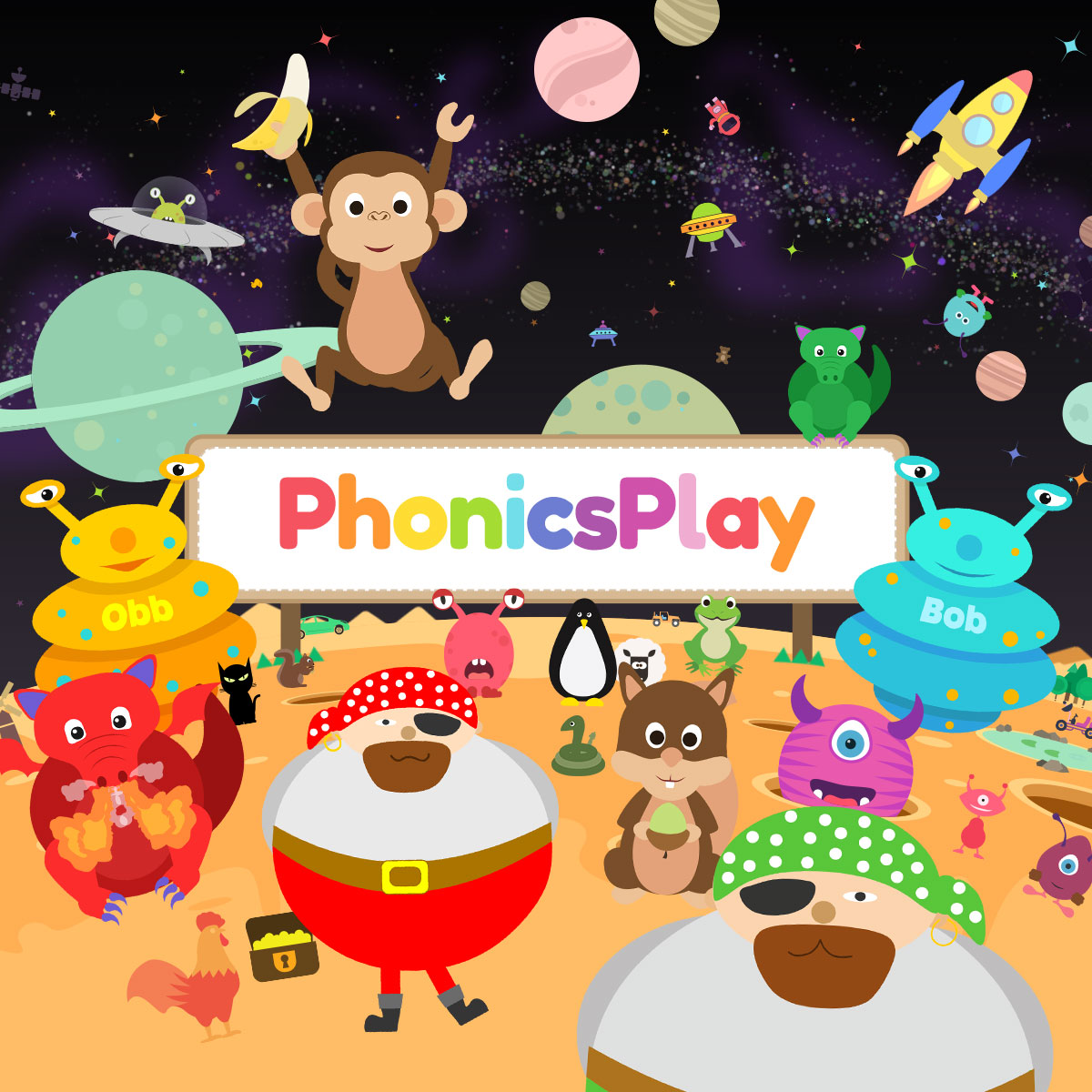 Phonics Play - Games and resources to support early reading, including blending and segmenting.
Phonics Play - Games and resources to support early reading, including blending and segmenting.
Fisher Price - Activities relating to numbers, alphabet, shapes and colours
ICT Games - Number and letter games and activities
Cbeebies - Games, quizzes, activities, shapes, numbers and colours
Cbeebies - Number blocks - Videos and games to support number recognition, ordering and counting
 Oxford Owl - Reading activities and online books
Oxford Owl - Reading activities and online books
Reading Eggs - Reading activities. Sign up for a free 2 week trial
Jump Start Johnny - PE activities
Primary Stars - Mindfulness and wellbeing activities
T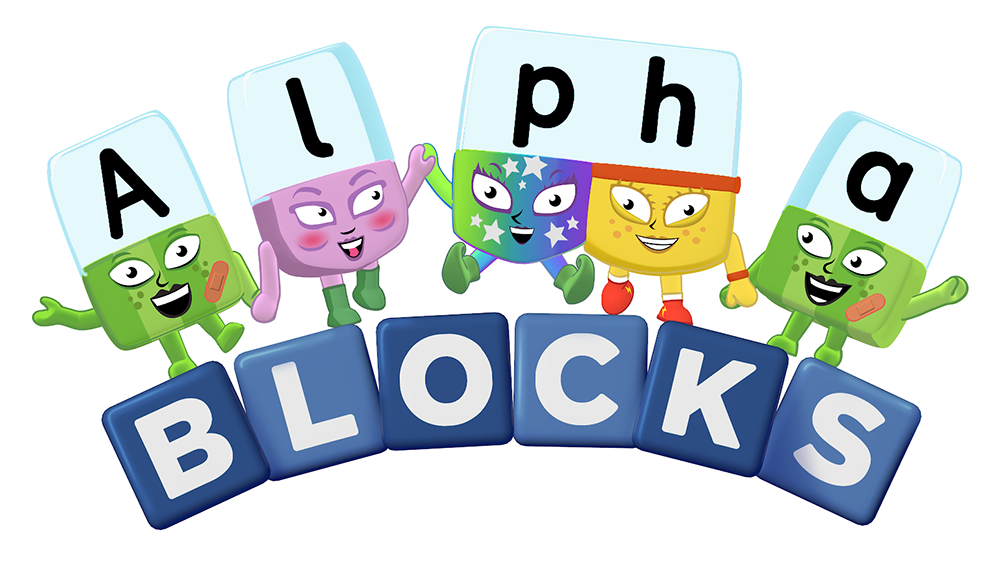 he Maths Factor - Maths problem solving
he Maths Factor - Maths problem solving
Alphablocks - Have fun with letters of the alphabet
Crick Web - Early Years number games
Hungry Little Minds - Activities, videos and game ideas for 0 - 5 year olds
Growth Mindset
Here at Hermitage, we encourage all our pupils to be able to express themselves and say how they feel. This journey begins in Nursery.
We give them the vocabulary for their feelings and explain what they can do when they feel that way. This also helps the children with their peers and is a lifelong skill. The power of YET! When children first start their learning journey they will require lots of support from staff and you as parents.
At Hermitage, the staff and pupils have adopted Growth Mindset, which has allowed them to build their confidence to try new things without the fear of failure, as they know you have to keep trying and build up your resilience. With our youngest children we use the word YET a lot.
I can't do it = You can't do it YET
I don't know how = You don't know how YET
I don't want to do it any more = Keep going, you can do it!
I don't want to = Let's try together
We show the children together and they practise. It’s all about perseverance and resilience, bouncing back and learning how to get out of negative feelings.
Here are some books you might like to share with your child to support their understanding of Growth Mindset
Reading in EYFS
Here are some of the books and stories we enjoy sharing and reading in the EYFS.
Watch these videos to help your understanding of how to support your child with their reading at home.




